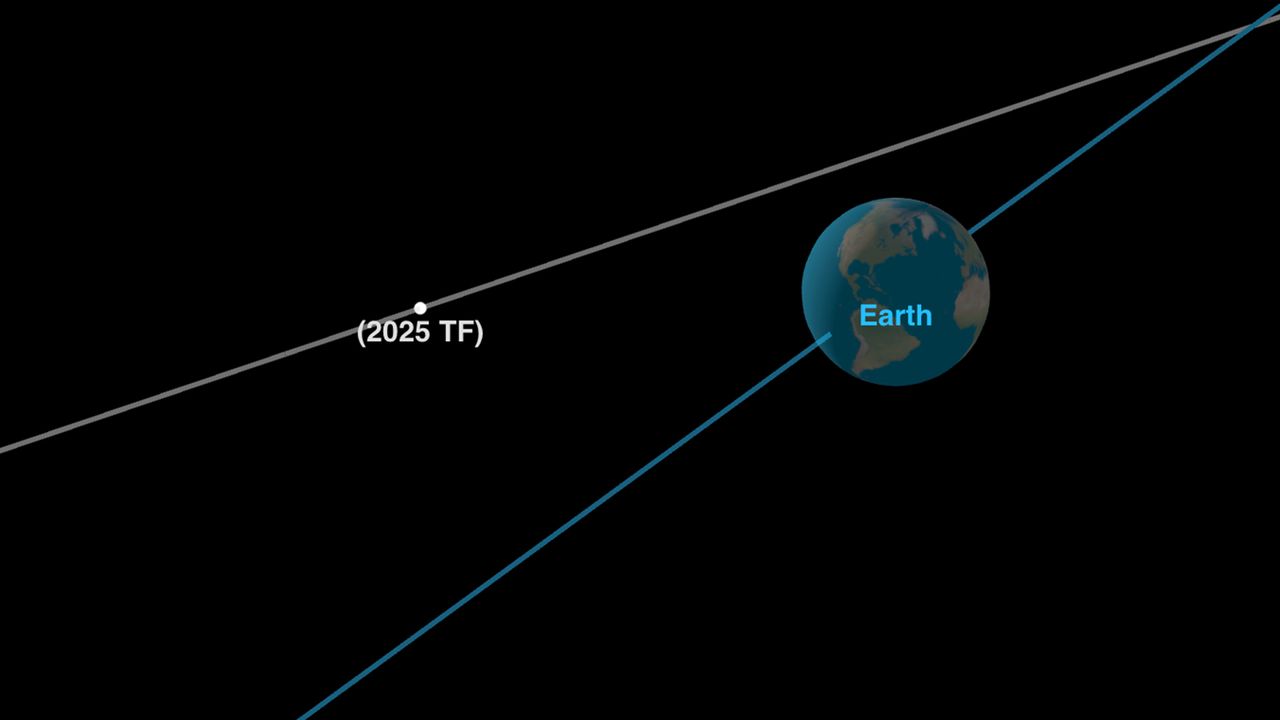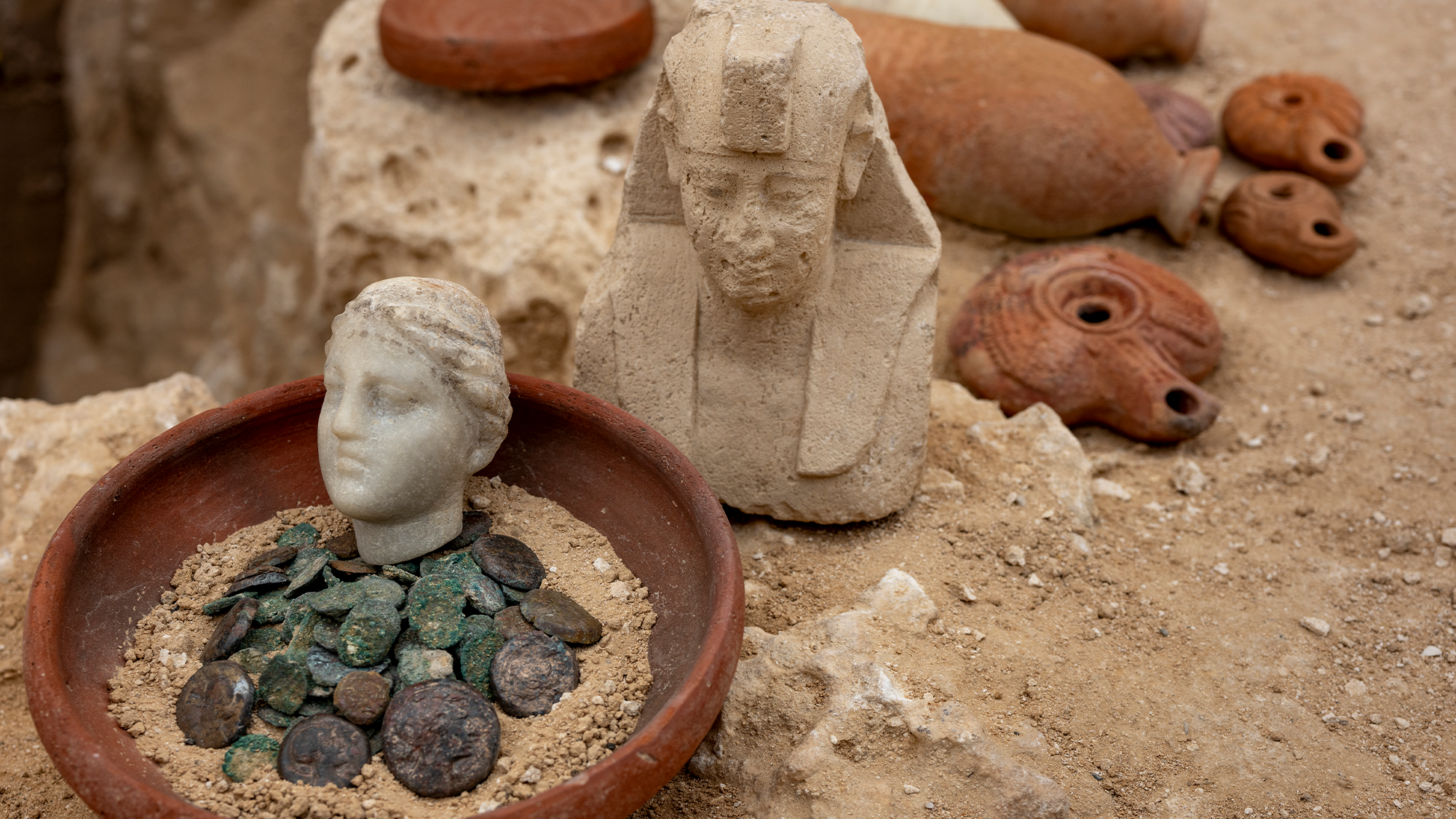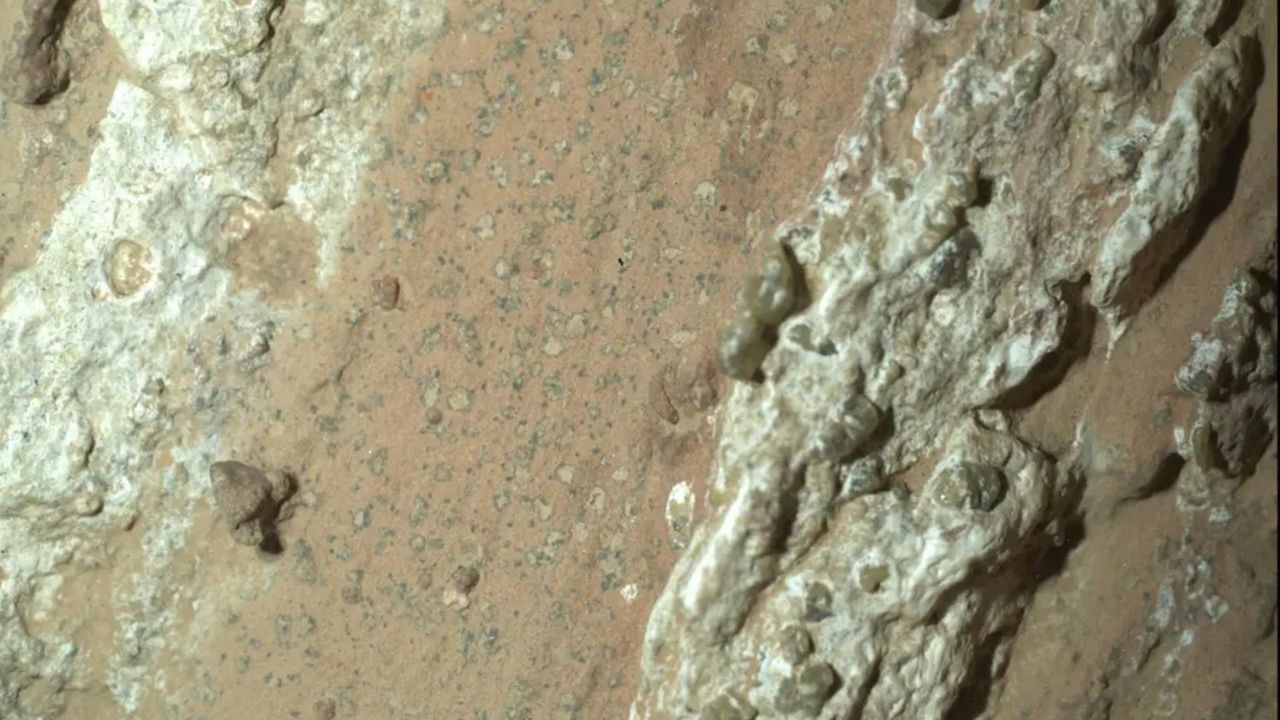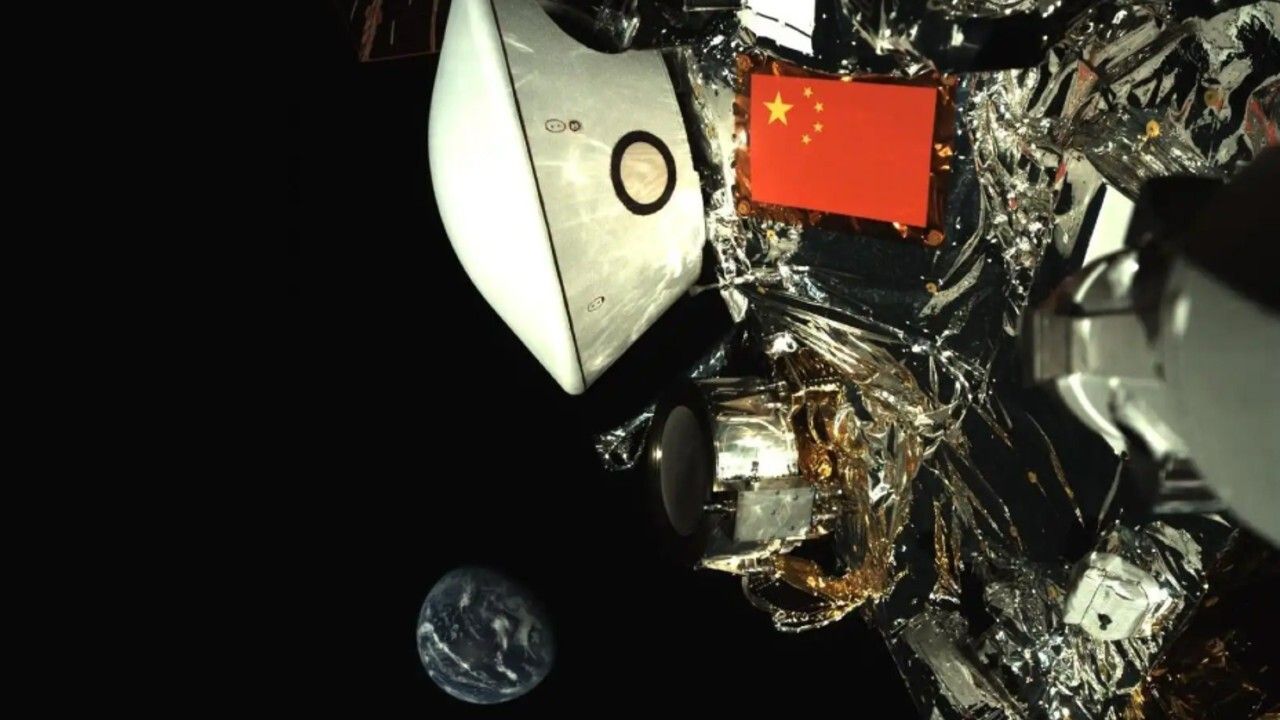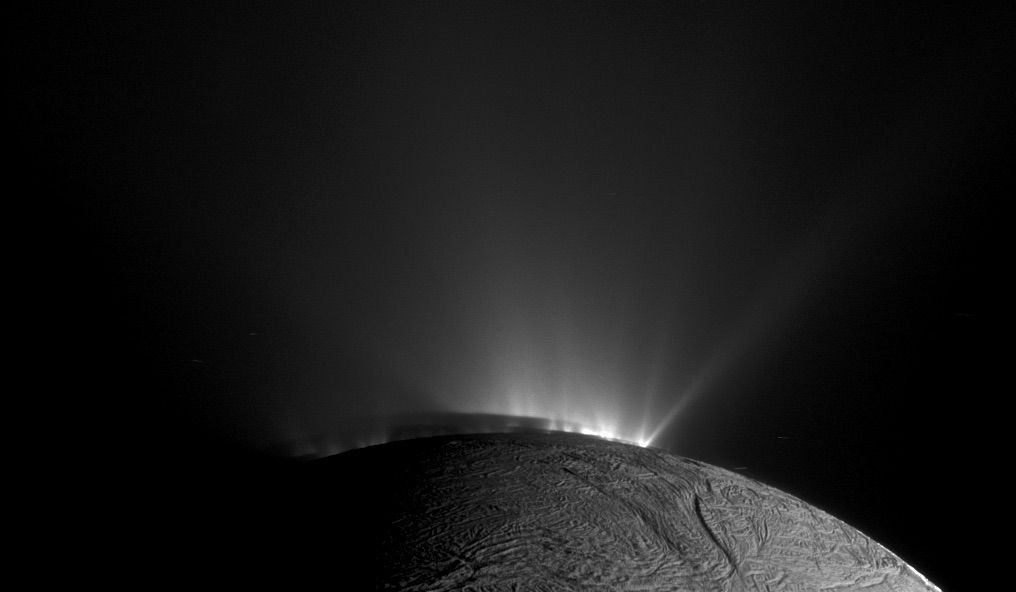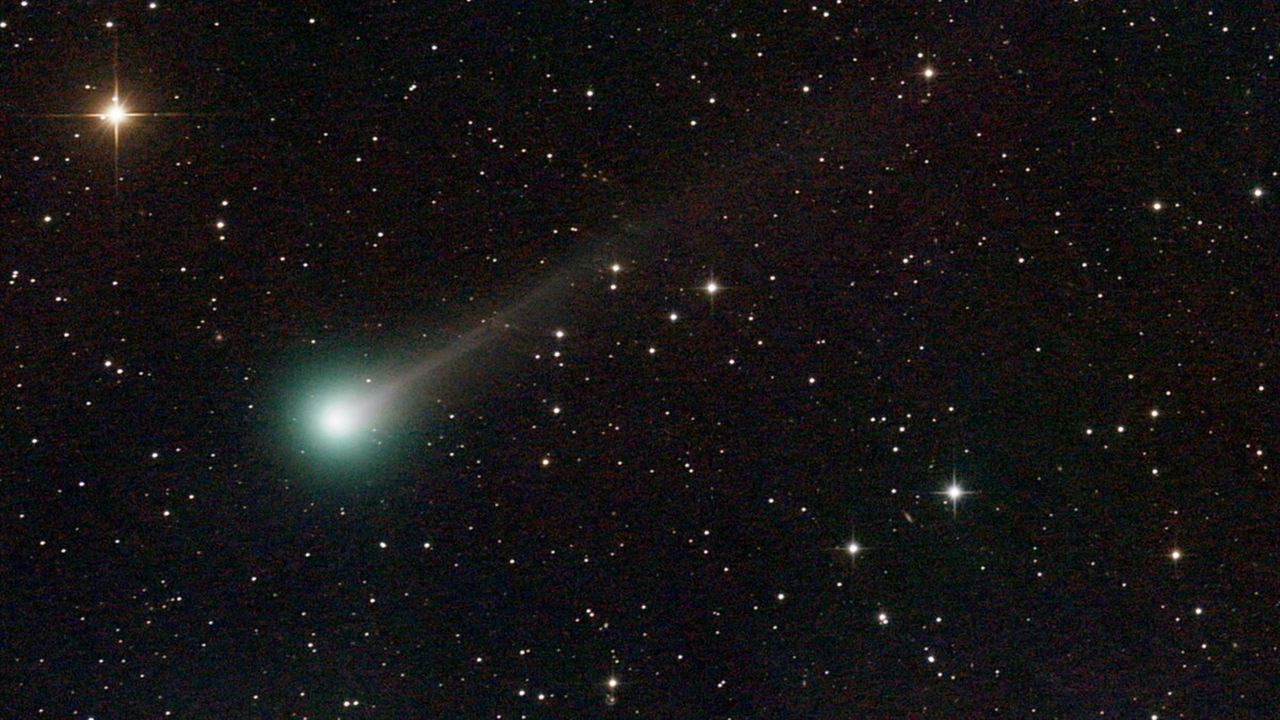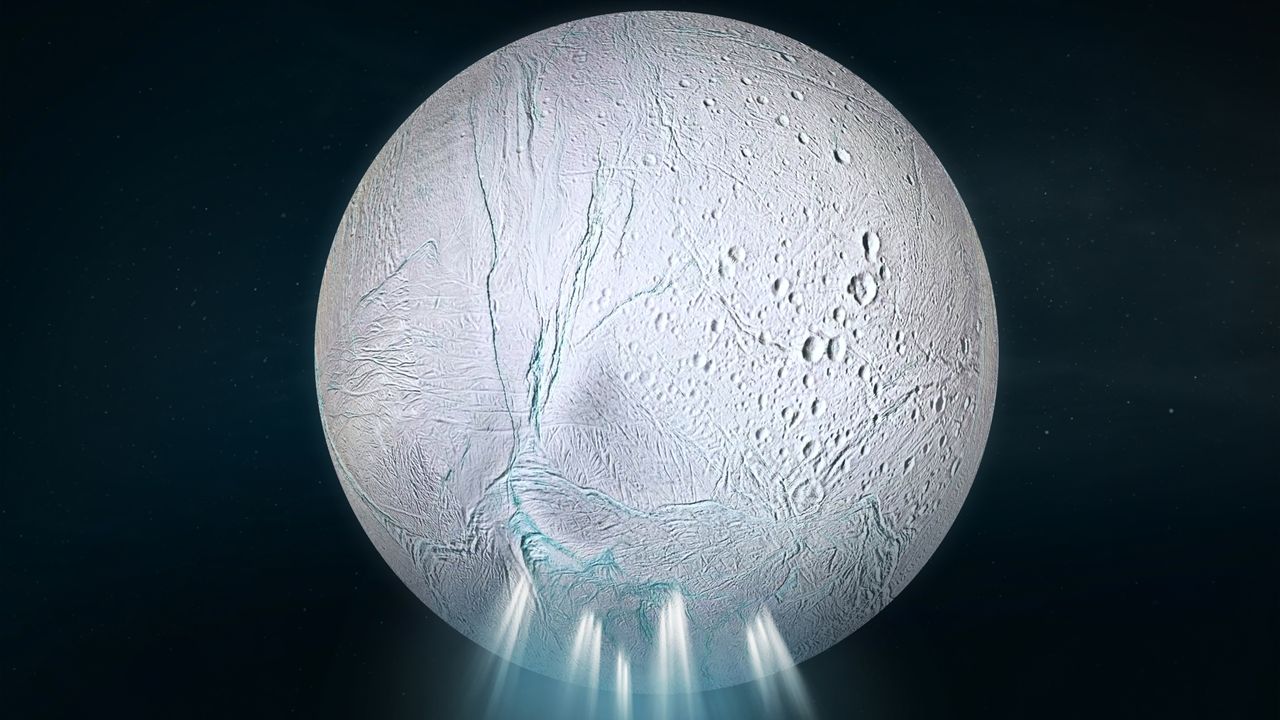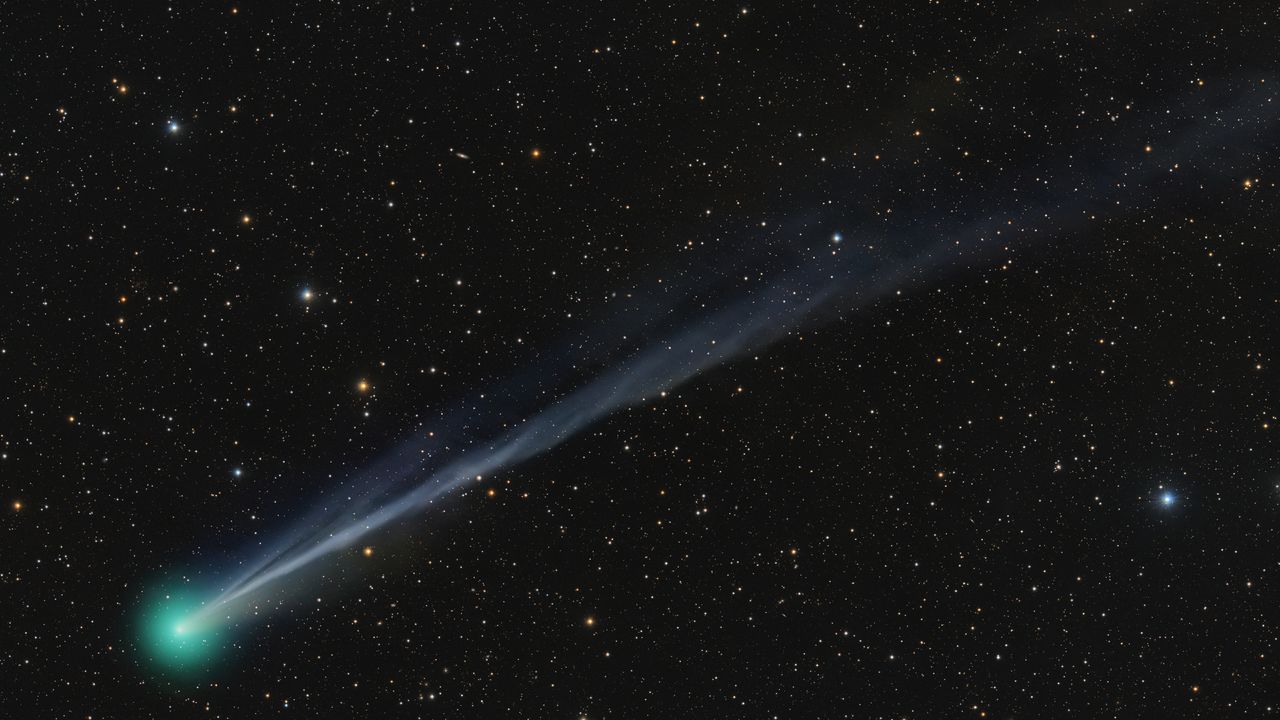Did plate tectonics give rise to life? Groundbreaking new research could crack Earth's deepest mystery.
PositiveScience
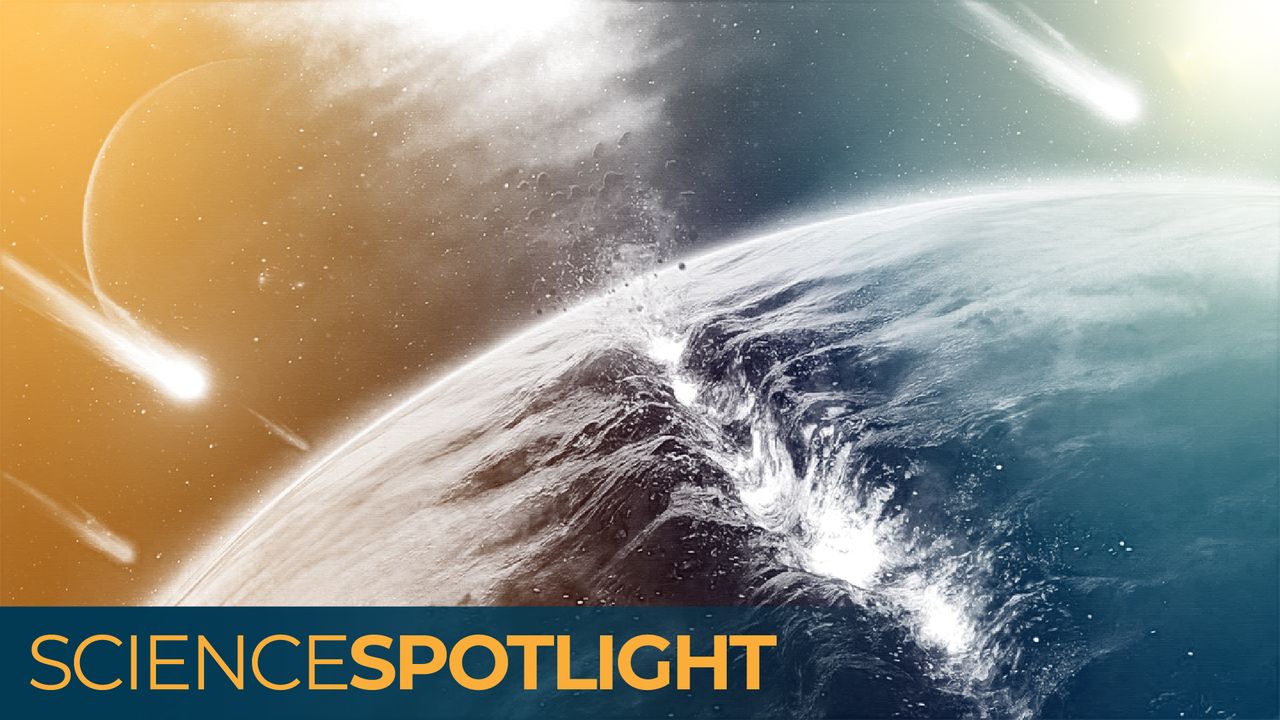
New research indicates that plate tectonics might have started much earlier than we believed, potentially playing a crucial role in the emergence of life on Earth. This discovery is significant as it could reshape our understanding of how life developed on our planet, highlighting the interconnectedness of geological processes and biological evolution.
— Curated by the World Pulse Now AI Editorial System


